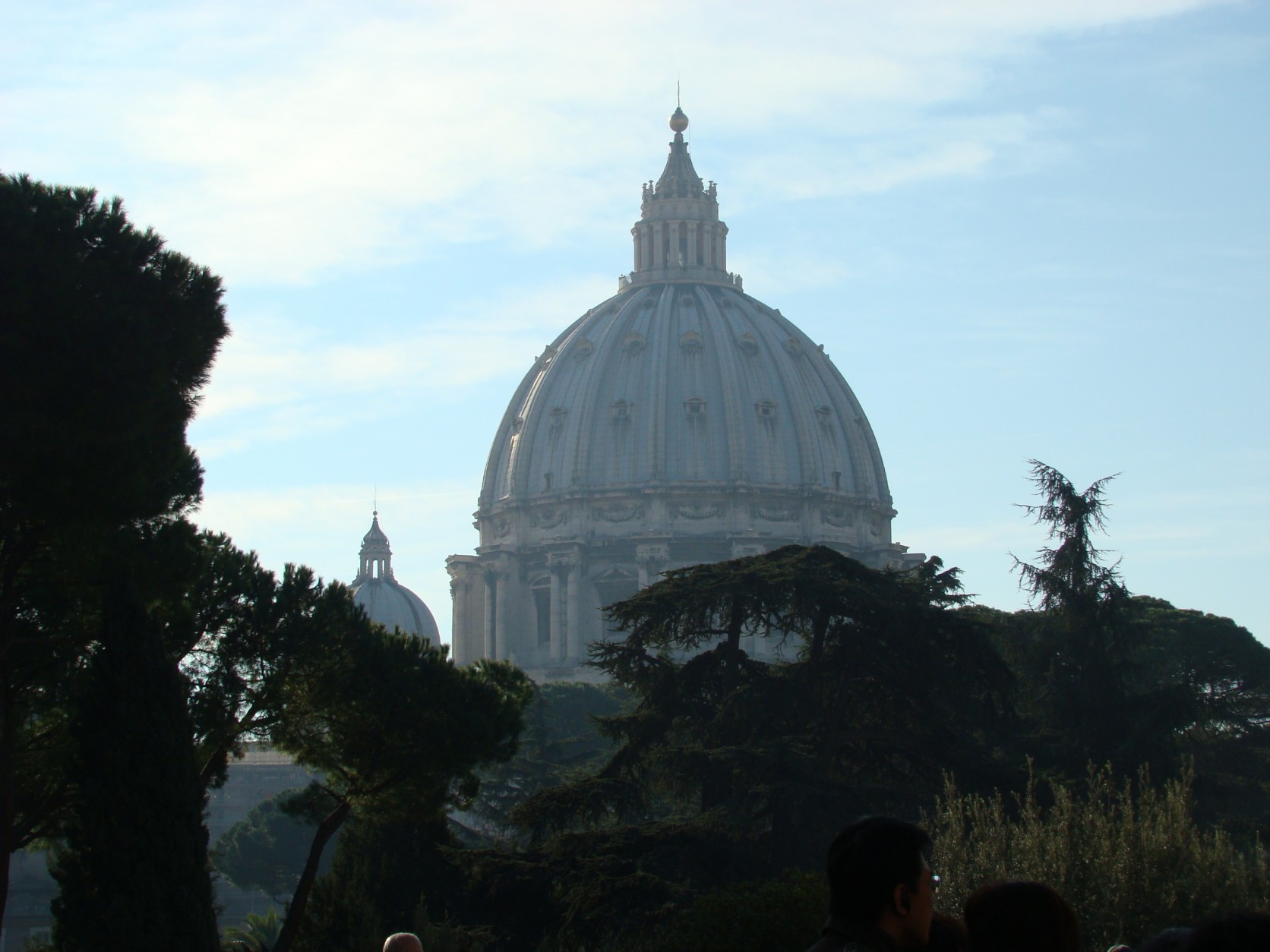Acts 2:14, 22-23; Ps. 16:1-2, 5, 7-11; 1Peter 1:17-21; Lk. 24:13-35
A house divided cannot stand so in times of crisis, pandemic or otherwise the first crisis is of faith to stand the test of faith amid the fears. This Sunday’s readings reveal the disciples’ crisis of faith at the death of Jesus and the continuation of Jesus’ formation of church in his real presence, “the breaking of bread”.
Three areas of “church” division among Christianity are addressed in our reading summarized as “sola scriptura”, church “authority”, and salvation by “faith alone”. Jesus opens the scriptures to us but it is in the breaking of the bread that he is made known to us something to consider. On the road to Emmaus the eyes of the two disciples were prevented from recognizing him. They first had to hear the word and have it “burn” in their hearts to believe in the risen one before their eyes are opened to recognize him the breaking of the bread.
“Sola Scriptura” meaning the “Bible alone” is a main source of division in the Christian “home”. Today many Christian denominations follow “Sola Scriptura” as the only infallible source of authority for Christians. The “breaking of the bread” is seen as the revelation of the word of God to open the eyes of the disciples instead of his real presence. Jesus revelation to the disciples on the road to Emmaus came first as a revelation of scripture and then as he breaks the bread to his real presence before them to remain with them body, blood, soul and divinity in the bread. Today in the Catholic church we celebrate both in the Mass with its two parts called the Liturgy of the Word and the Liturgy of the Eucharist. This journey of faith on the Road to Emmaus is our journey of faith “on the first day of the week”, resurrection Sunday. It is the confirmation of the “Last Supper” to be continued in Tradition. The Eucharist is the body, blood, soul, and divinity of Christ’s revelation to this very day.
Church “authority” closely follows in a “house divided among itself” for Christianity. “Then Peter stood up with the Eleven, raised his voice, and proclaimed: ‘You…indeed all of you…Let this be known to you, and listen to my words.’ Peter is given the keys to the kingdom by Jesus after Peter denied him during the Passion. The primacy of Peter is the “authority” to follow in Jesus’ self-sacrifice as a “Holy Father”. The word without the authority of the church to bring unity is a house divided among itself. Left to our own authority we divide into our “denominations” as we identify with and we open the scriptures to our “truth”. The disciples on the road to Emmaus knew the scriptures as faithful Jews but it is the person of Jesus who “interpreted to them what referred to him in all the Scriptures”. This gift of interpretation is passed on to his disciples to build the Kingdom of God in one holy, catholic, and apostolic church. Today it is the “Chair of Peter” passed on to each Pope to carry forth into generations to come.
Salvation by “faith alone” is the third major pillar of division among the Christian “house” filled with rooms called denominations. Peter proclaims, “If you invoke as Father him who judges impartially according to each one’s works…as of a spotless unblemished lamb”. Powerful authority to declare not by “faith alone” does the Father judge impartially but “according to each one’s works”. Faith is the seed of salvation and works the fruit of salvation. The seed without works dies but the works produced by the seed are the works of God through us, not our own. The principle argument made against “works” is the conception that they are “our works” to merit heaven as if there is a scale that tips the works in our favor earning our justification. Far from it for to be Christian is to surrender ourselves to the works of God as instruments of his grace working in us for the salvation of souls. It is God’s grace, his gift of love, mercy, faith, and hope to be witnesses and bring forth the good news. These are the works of God that bring salvation who the Father judges how we fulfilled them.
Finally, the goal of the Christian is to come before the Lord as a “spotless unblemished lamb” that is without sin. Who then will be saved? This past week we recall the Lord’s promise of mercy to the whole world in Divine Mercy Sunday. In confession and the breaking of the bread we receive atonement for our sins when we come to Jesus. This is our redemptive gift but we must respond or carry our sin with us into the fire of purification, our purgatory in this life or in the next. Let our eyes be opened to his revelation from the foundation of the Church. The pandemic of death is not a virus but a house divided among itself in a crisis of faith. I believe in one God and in One Holy, Catholic, and Apostolic Church.


Recent Comments